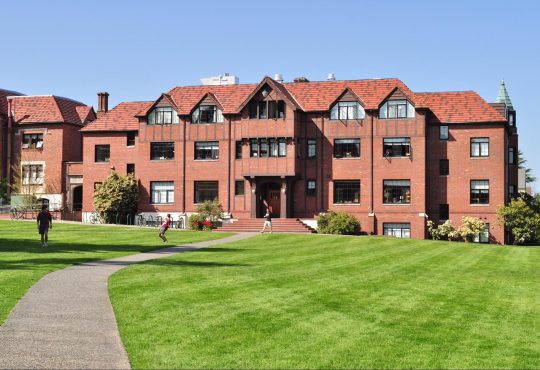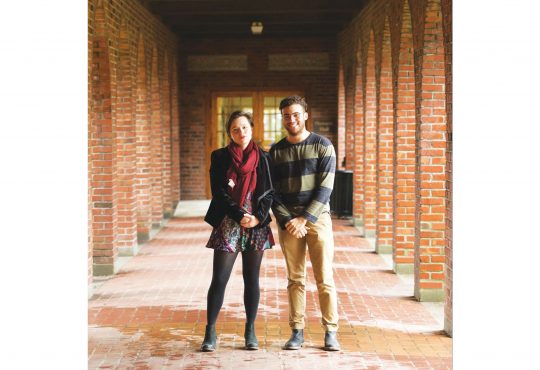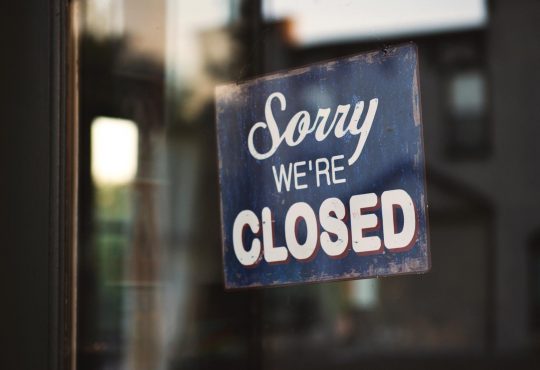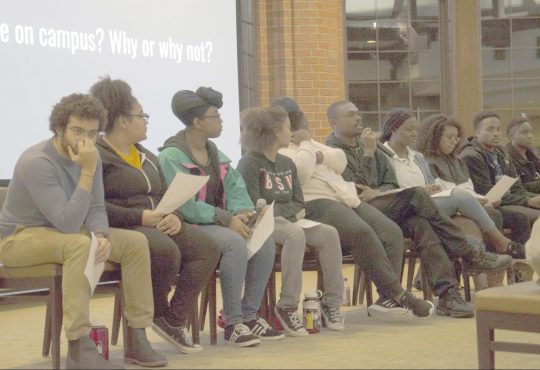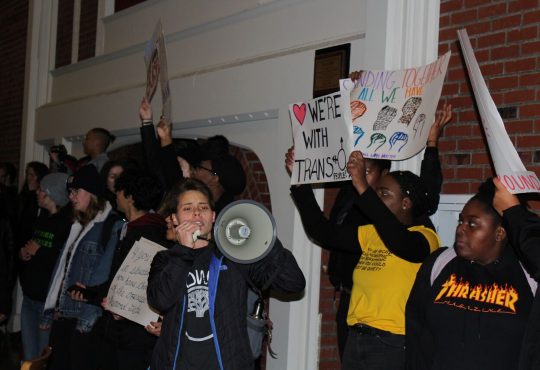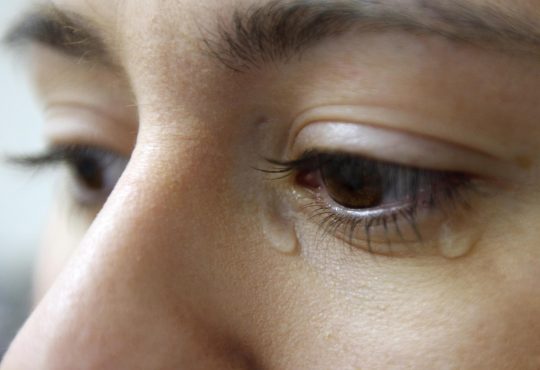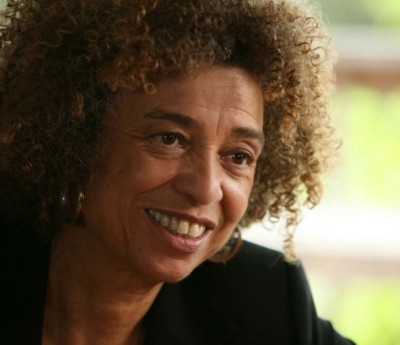
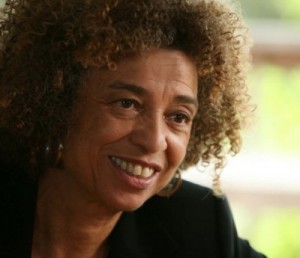
“What now?:” The University of Puget Sound brings speakers to campus to discuss mapping a new critical consciousness
Students have heard about the Race and Pedagogy National Conference (RPNC) from emails, posters or talking with professors.
Most know that Angela Davis delivered the opening address; Harvard professor, Henry Lewis, Jr. will answer the question of diversity and understanding diversity and genetics, but why attend the Race and Pedagogy National Conference?
Similar to the title of this year’s initiative “What NOW is the Work of Education and Justice?” the origin of the RPNC can be traced back to the question “What is the role of race in the development of curriculum?” that Dexter Gordon, professor and Director of Race and Pedagogy National Conference, asked his fellow staff members back in 2006.
Both of these questions attempt to map a new critical conscience by merging the voices of those who have attempted to address, those who wish to learn and those who are simply interested in the relationship between race and education, race and biology, or ethics, religion, faith and values.
Professor Gordon came to the University of Puget Sound in 2002.
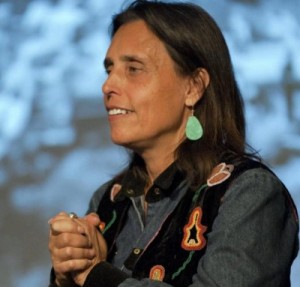
Until 2006, Gordon was holding ‘Brown Bag Sessions’ two to four times per year, which discussed the role of race in the university’s curriculum.
The ‘Brown Bag Sessions’ sessions initially drew only 30 staff members.
By Sept. 29, 2006, the sessions lasted three days, brought in 2,000 people, and were renamed the Race and Pedagogy Program.
“The success of the conference was a surprise,” Gordon said.
“A number of people on campus asked whether we could get 60 people to attend.”
After the great success of the Race and Pedagogy Program, the planning committee wanted to build on their achievement constructing what we see today, The Race and Pedagogy National Conference.
“One of the goals of the RPNC is to make sure that each cohort has the opportunity to be immersed in a conference of this caliber, addressing these questions with some of the best scholars in the world.” Gordon said.
The RPNC has provided the university with primary resources that students can use well after the conference is over.
For example, one of the overarching topics in the past two conferences is the achievement gap, or the disparity in academic performance between different groups of students.
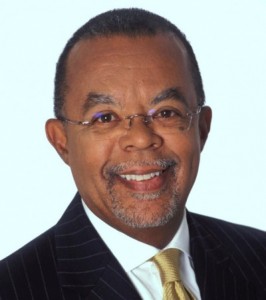
According to statistics from the Federal Bureau of Prisons 2014, the proportion of inmates in jail for nonviolent crimes is more than 60 percent, and the majority of crimes committed by minors are nonviolent.
“The prison system is also an issue because young people have to deal with racial bias, and are overly incarcerated in our prisons,” Nancy Bristow, professor of history and Volunteer Coordinator, said.
Bristow has worked with RPNC since its beginnings in 2006.
“I love adding 1,000 people to campus and seeing all kinds of different people hold conversations together,” Bristow said.
“I love watching the sense of discovery in people as the event goes on.”
The RNPC does not just function as a platform for a multitude of lectures, panels, and presentations for students to observe and learn something new, but it also serves as an extension of their education.
It is a conference brought to induce conversation so that students can apply what they deem as important to the community.
Nakisha Reneé Jones, President of the Black Student Union on campus, attended the RPNC in 2010. After hearing of the achievement gap and the mass incarceration of citizens of color, Jones had idea for a university scholarship.
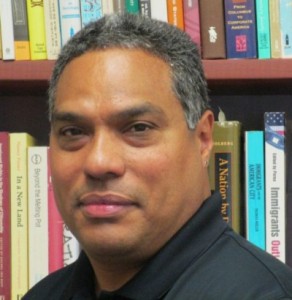
The scholarship was approved in February for the 2014-15 academic year. It aims to assist students with books and other expenses beyond tuition, room and board.
By doing this, the scholarship allows the student to focus on academic success at the university. This scholarship is just one example of how students can take what they learn from the RPNC and carry it into their community.
“You’re not just going [to the conference] to listen, you’re going there to learn what’s going on and how you can help,” Jones said.
With plans of starting a mentorship program for high school as well as college students, the BSU is developing other ways to extend themselves further into the community.
With the second day of the RPNC ending, there is still the chance to take part in the 39 concurrent sessions on Saturday.
The RPNC demonstrates that, “It’s important that students learn that it’s ok to hold discussion about important intellectual issues that are often avoided in our society,” as Bristow said.
What now, can you do?

